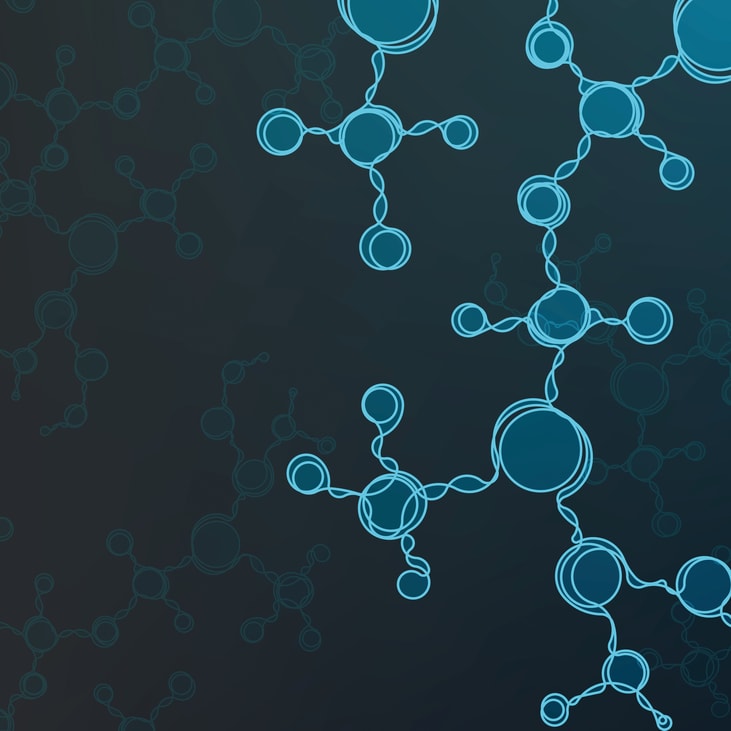In focus…Gas chromatography and mass spectrometry
Considered instrumental in the analysis and identification of substances, gas chromatography and mass spectrometry (GC-MS) as a method has proven to be an essential tool across a range of sectors, including drug detection, environmental analysis, explosives investigation, identification of unknown samples, and fire investigation.
Able to help detect substances in minute quantities, GC-MS has been labelled as a ‘gold standard’ for forensic substance identification due to its ability to chromatographically separate and analyse components in mixtures. On its own, the GC principle separates the molecules of a sample in a chromatography column according to the inherent differences in their chemical structure.
Conversely, the MS process involves a substance inside a vacuum chamber being bombarded with electrons, which ionises the substances’ molecules. These ionised molecules are separated based on their mass-to-charge ratio, allowing for qualitative detection.
... to continue reading you must be subscribed
























